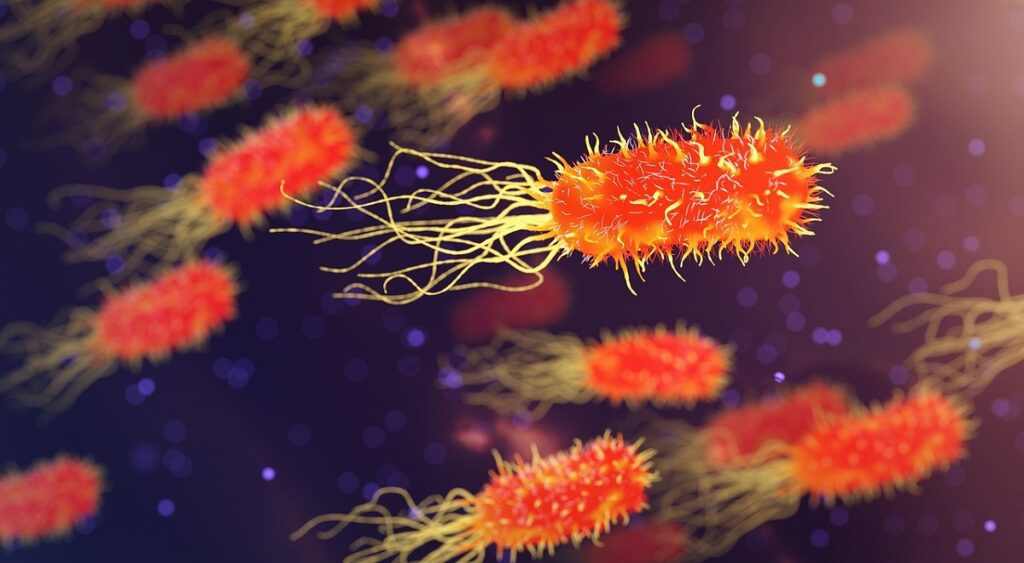Every year, bad weather events around the globe are exacerbated and new records are broken, a Nature study about climate change states.
Extreme heat and droughts are getting more severe each year.
According to the study, published Monday, the impact of climate change cannot be disregarded anymore since it directly threatens the well-being of society in general.
“The immediate impact on human health from heat abates as weather systems pass, but these events as well as higher ambient temperatures have far-reaching consequences. Higher temperatures, in the short and long term, are raising concerns for water and food security, with food security currently of high concern as it is further exacerbated by the ongoing conflict in Ukraine,” Nature writes.
The Nature Climate Change study reveals that “58% (that is, 218 out of 375) of infectious diseases confronted by humanity worldwide have been at some point aggravated by climatic hazards; 16% were at times diminished.”
“Empirical cases revealed 1,006 unique pathways in which climatic hazards, via different transmission types, led to pathogenic diseases. The human pathogenic diseases and transmission pathways aggravated by climatic hazards are too numerous for comprehensive societal adaptations, highlighting the urgent need to work at the source of the problem: reducing GHG emissions,” the study argues.
Additionally, researchers looked into non-infectious illnesses as well, in order to discover if the worsened climate conditions had any effect on them, CBS News reported.
What they discovered is that “286 unique sicknesses and of those 223 of them seemed to be worsened by climate hazards, nine were diminished by climate hazards and 54 had cases of both aggravated and minimized,” according to the Nature study.
New bacteria emergence only confirms the fears
That climate hazards are a real threat to humanity confirms the latest emergence of a new deadly bacteria that was found on the US Gulf Coast.
“Burkholderia pseudomallei is typically endemic to much warmer climates, but with the rapid rate of climate change, the landscape of bacterial infection is changing in the U.S.,” BioNews writes.
“Federal officials are on notice as Burkholderia pseudomallei is considered a Tier 1 select agent, along with anthrax and Ebola, meaning it is dangerous enough to be considered a bioterrorism weapon. And with a mortality rate of 10 to 50 percent, action is imperative,” explains Bio.News.
“This is a big deal because clinicians generally speaking only consider melioidosis in patients who have recent travel to an endemic area like Thailand, South Asia, Australia,” Julia Petras, an epidemic intelligence service officer with the Center for Disease Control and Prevention’s (CDC) bacterial special pathogens branch, told STAT News. “They would not consider just somebody living in the Gulf Coast area who has never traveled, that they would have melioidosis.”
Biotech has a big role to play
Addressing these problems needs to be a priority and this can be done by developing solutions that will tackle climate change and its impacts on society.
Additionally, developing treatments and antimicrobials to address the infectious diseases are more than necessary, BioNews states.
Congress is taking steps as well to open up the opportunities for AMR R&D.
The proposed PASTEUR Act aims to incentivize investment in the market by creating a “Netflix-style subscription model for novel antimicrobials, where hospitals or governments pay a fee for as much or as little as needed,” Good Day BIO reported.
Another segment where policymakers need to help is the advancement of the One Health Act, which will ensure that the world will be ready to respond to another outbreak before it even happens. With the help of biotechnology, the world will continue to see innovative, technology-driven solutions which can solve the health challenges of every living thing.




